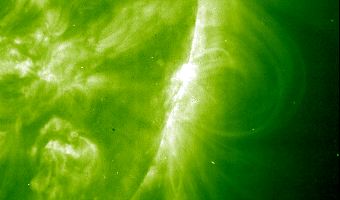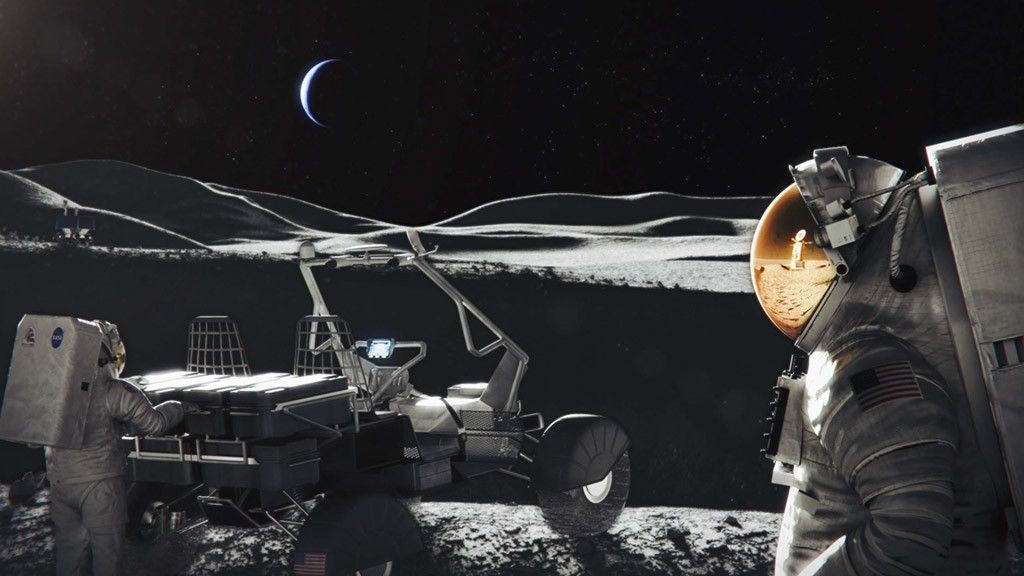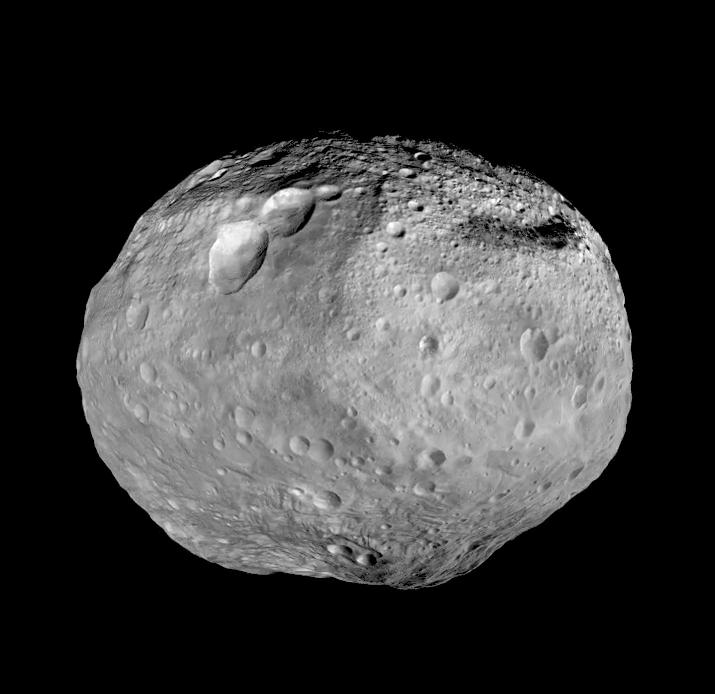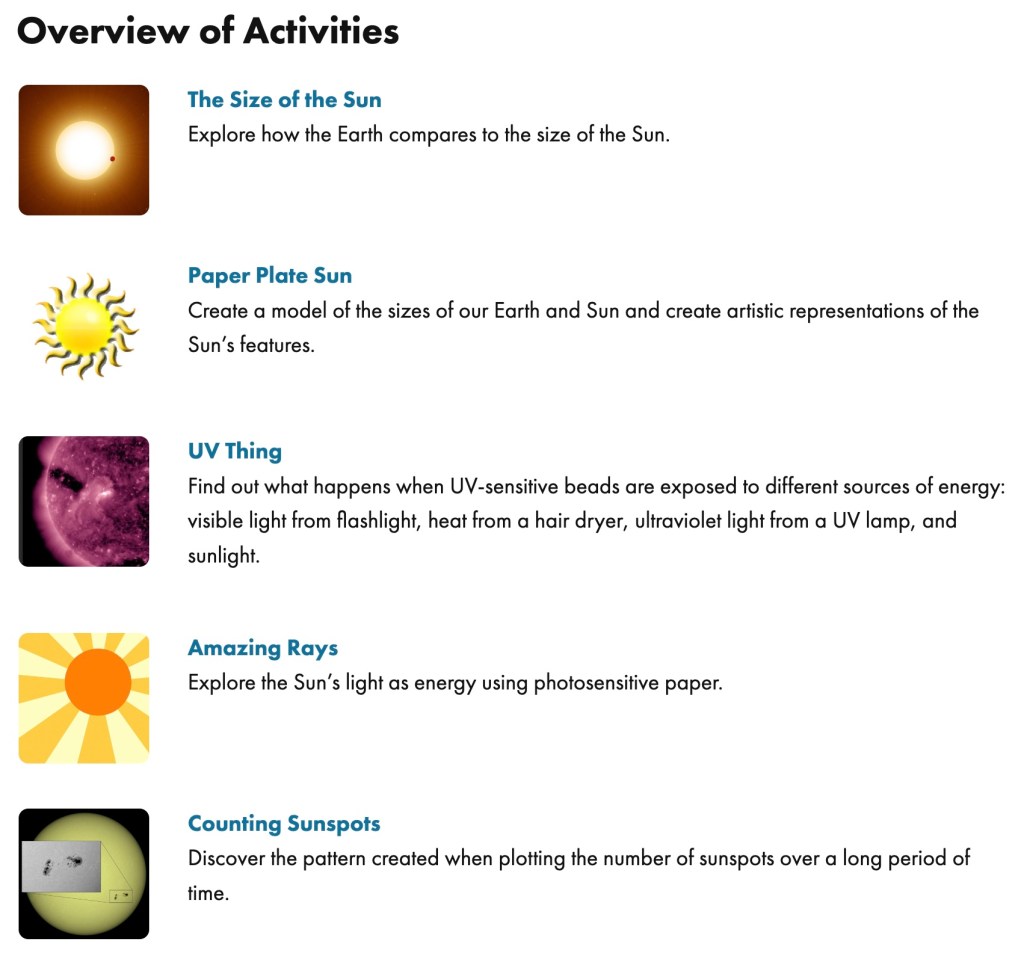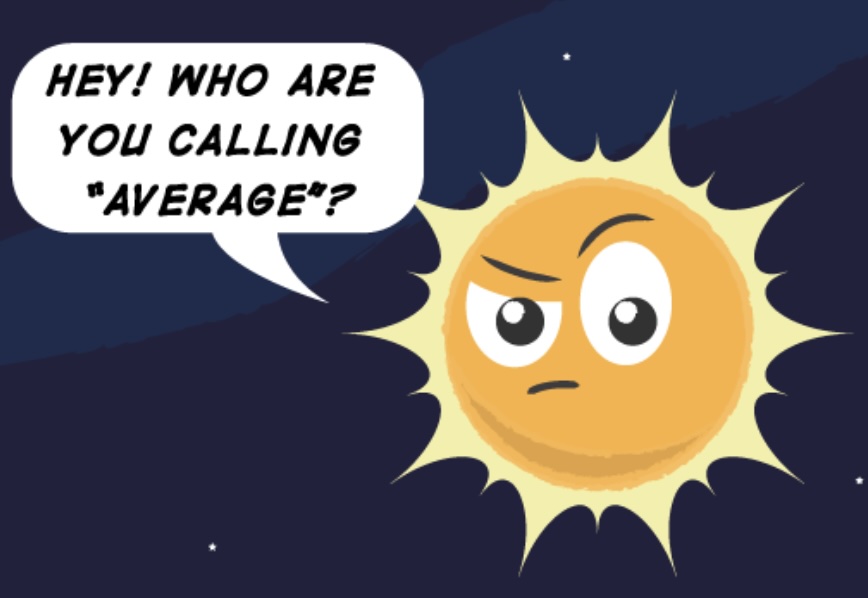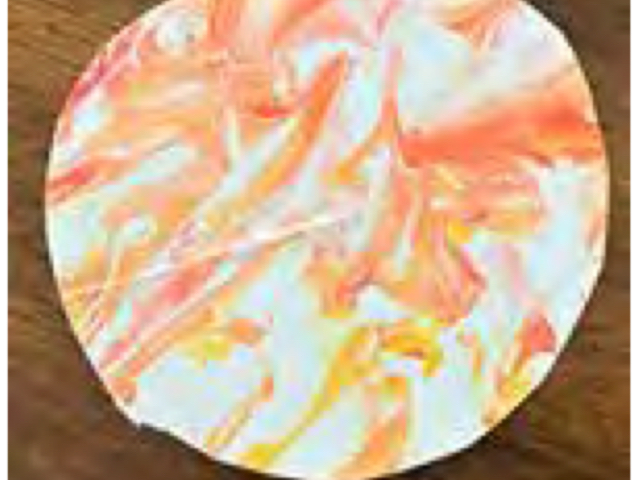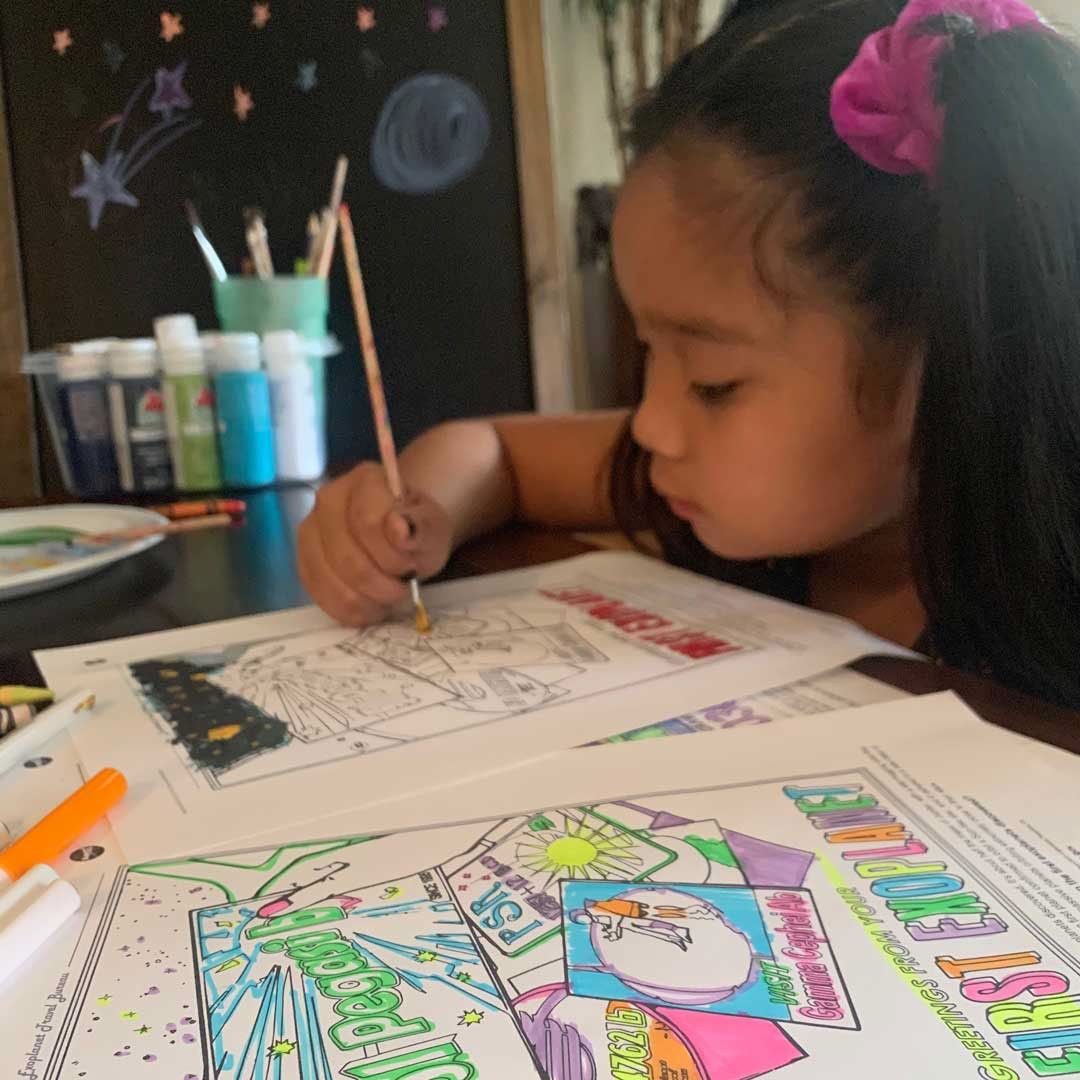Introductory Guiding Question
What is the Sun made of?
Big Idea 3.1
Educator Background
-
The Sun is a star, as seen up close, and is the center of our solar system. Stars are made of a type of matter called plasma, which is a superheated gas.
-
Learning Constraints
Students in grade 2 can describe the three different kinds of matter and begin to observe the properties of different materials at different temperatures (2-PS1-1). By grade 5, they can describe that all matter is made of particles and that the motion of the particles determines the state of matter (5-PS1-1).
-
Connect to Heliophysics
Connect to the Sun by introducing plasma as the 4th state of matter, keeping in mind that at this level students don't understand ionization. But students can understand that plasma has more energy than gas. At grade 5 they can begin to explore how plasma particles are spread out and move around randomly. The Sun is made of plasma, which is very, very hot. Plasma is hotter than gas.
-
Extend Exploration
Expand student exploration by giving students examples of plasmas on Earth, which include lightning, simple plasma balls, aurora (upper atmosphere).
-
Differentiate for Beginner Learners
Support younger students by exploring particle motion and emphasizing that plasma particles move faster than gas particles.
-
Differentiate for More Advanced Learners
Challenge students at the next level by exploring the properties of plasma.
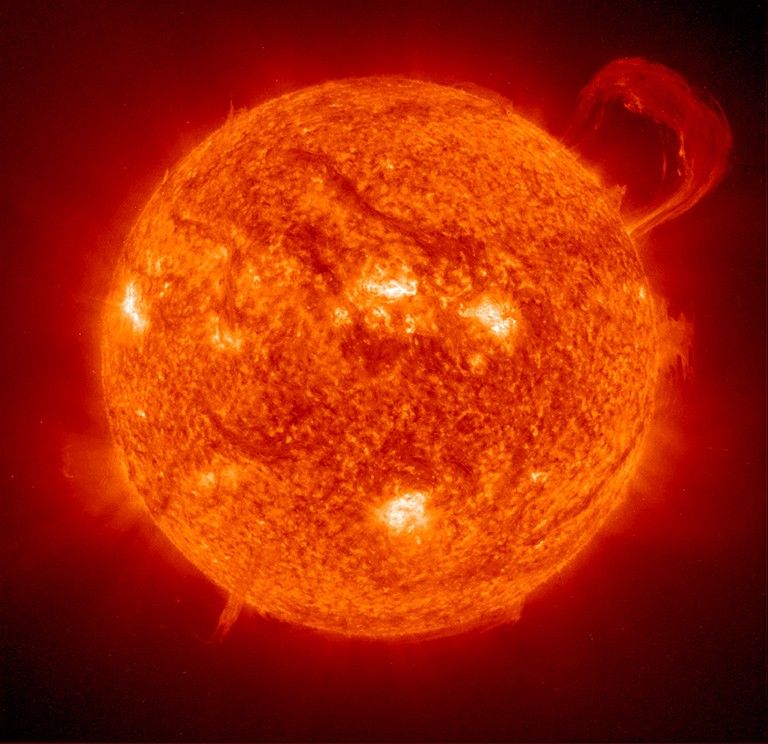
Is the Sun a Ball of Fire?
Video Length: 5:35
Search the Resource Database for more videosRecommended Resources
Explore this guiding question with these featured resources.
Heliophysics Resouce Database
Use the guiding question above to explore resources at this level or go directly to our database to search for resources by level, NGSS performance expectation, topic, and mission.
Resource Data Base